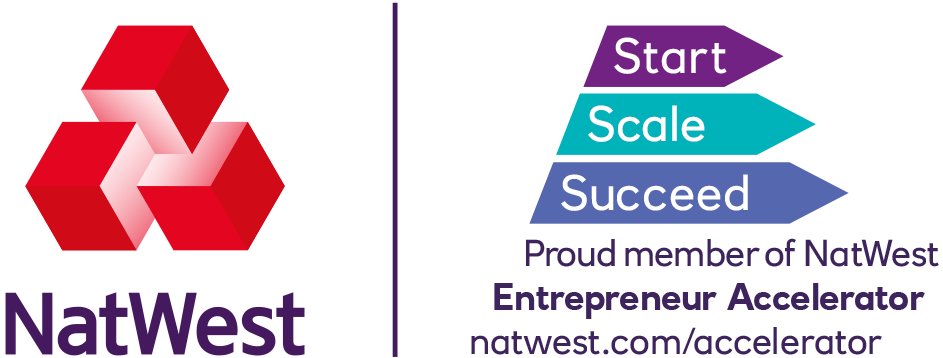Embed Sustainability
Across Your Organisation
The gamified sustainability enablement platform to educate your people and engage them in your sustainability journey.
How It Works




Teams we have worked with:
How It Works
.png)
Learn
Bite-sized, interactive sustainability learning experiences that range from foundational topics to role-specific training. Choose from our growing library of content or add your own.
Connect
Join the dots between SeedCulture content, your sustainability strategy, and initiatives in flight. Connect stakeholders through discussions and a social feed to drive sustainability collaboration.


Act and Report
Encourage, motivate and measure sustainable behaviour changes, at work and/or at home.
Unleash Your Sustainable Potential
Cut Carbon and Costs
$64M
cost savings and 1.5 million tonnes of C02 reduction for Cisco, through employee-led sustainability initiatives.
Attract Talent
83%
of workers would be more loyal to a company that helps them contribute to social and environmental issues.
Win Tenders
20%
of tender award criteria typically being awarded to companies demonstrating social and environmental value.
What Are SeedCulture Customers Saying?
Get started with SeedCulture today
Request a Trial




.png)




